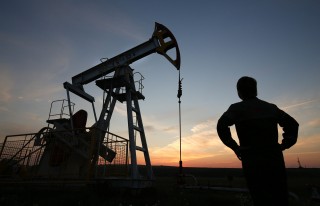Following the fall in oil prices since mid-2014, Saudi Arabia’s Minister of Oil, Ali al-Naimi, said an output freeze by some of the world’s crucial producers will start to stabilise the market.
The speed of the deal between the OPEC kingmakers and the world’s largest oil producer surprised the international market but traders were doubtful that the temporary agreement would gain wider acceptance. The deal was reached during a closed-door meeting in Doha with OPEC members, Qatar and Venezuela.
However, Mohammad bin Saleh al-Sada, Qatar’s Energy Minister, has said that the deal was still dependent on other major producers agreeing to join the freeze, which will probably complicate efforts.
A stumbling block?
Prior to this, Iran’s OPEC broker, Mehdi Asali, mentioned that his country will not be a part of the production freeze.
“Asking Iran to freeze its oil production level is illogical”, he said, stating that when Iran was being sanctioned, countries raised their output and it led to a drop in the price of oil.
The freeze agreement by OPEC members seeks to reduce production of oil to its barest minimum so that the oil price around the world will shoot up, which will be a boost to poor OPEC members like Nigeria and Ecuador who have been hit the hardest, but Iran, after having sanctions lifted off the country, hopes to increase its production.
Although Bijan Namdar Zanganeh, Iran’s Oil Minister, did not specifically state that Iran would join the production level freeze, his choice of words was more tactful and placatory. This may have been as a result of measures being put in place to encourage the nation to join the freeze agreement.
If Iran stays true to its decision of not being part of the agreement, it would most likely subvert the original freeze-agreement, which will increase oil production output, globally.
It is worthy to note that the original freeze agreement by OPEC superpowers was an indication that they were committed to addressing the market superfluity and stabilisation of the oil price. However, with Iran standing as a stumbling block, the hope of increasing the oil price and saving OPEC members from economic crises might just be bleak.








